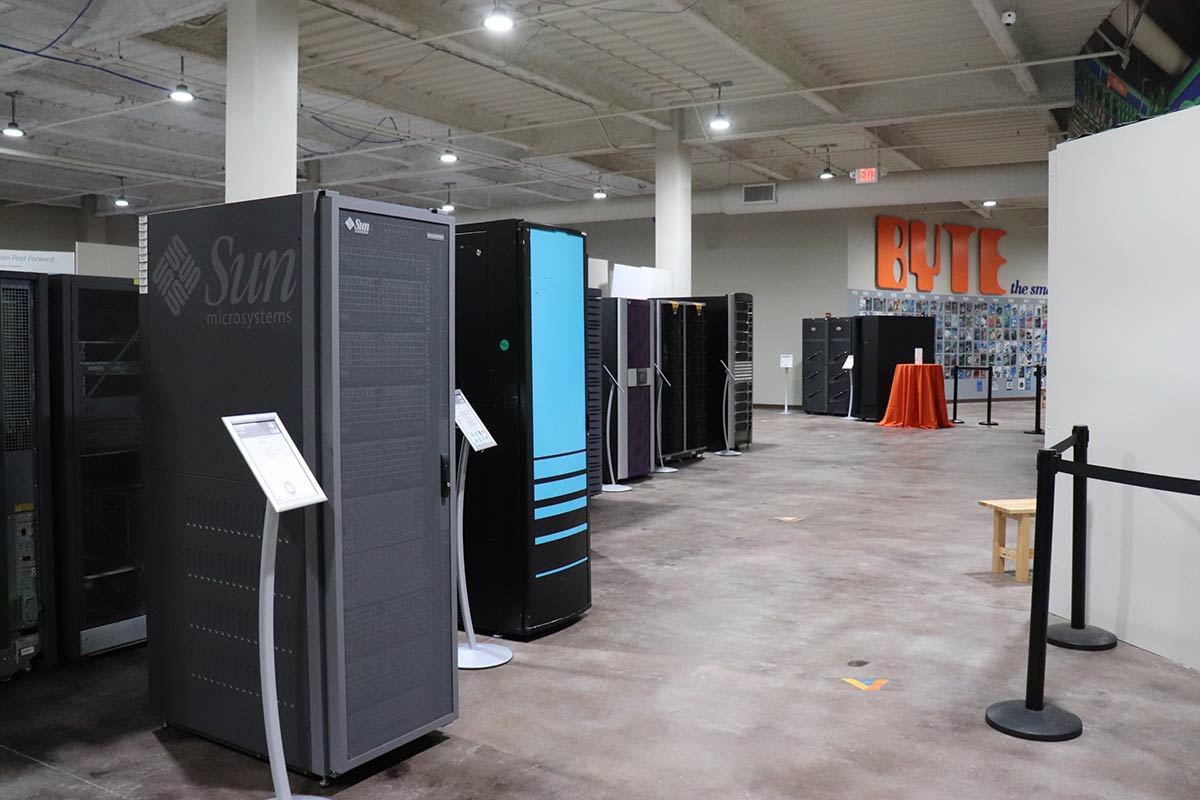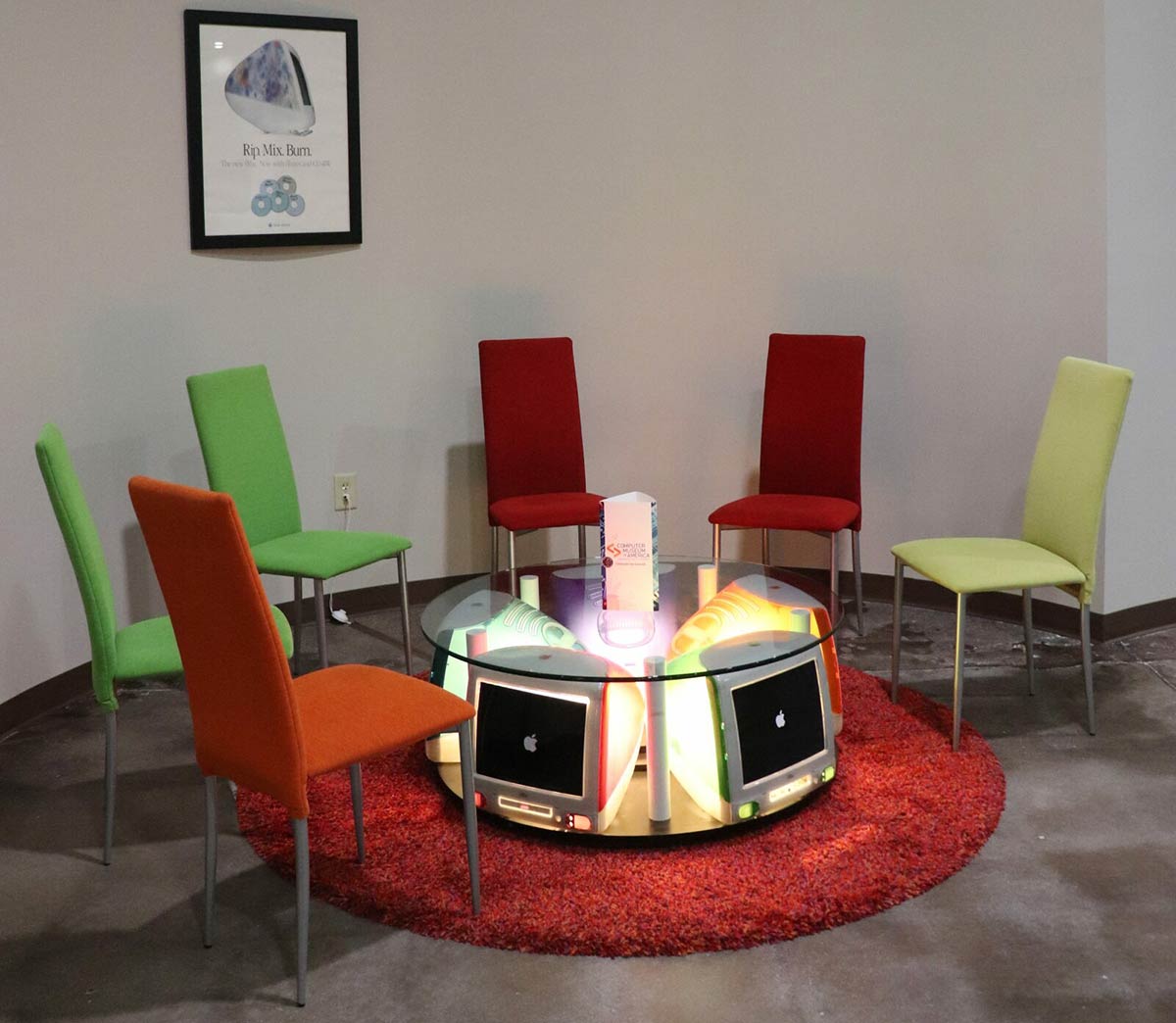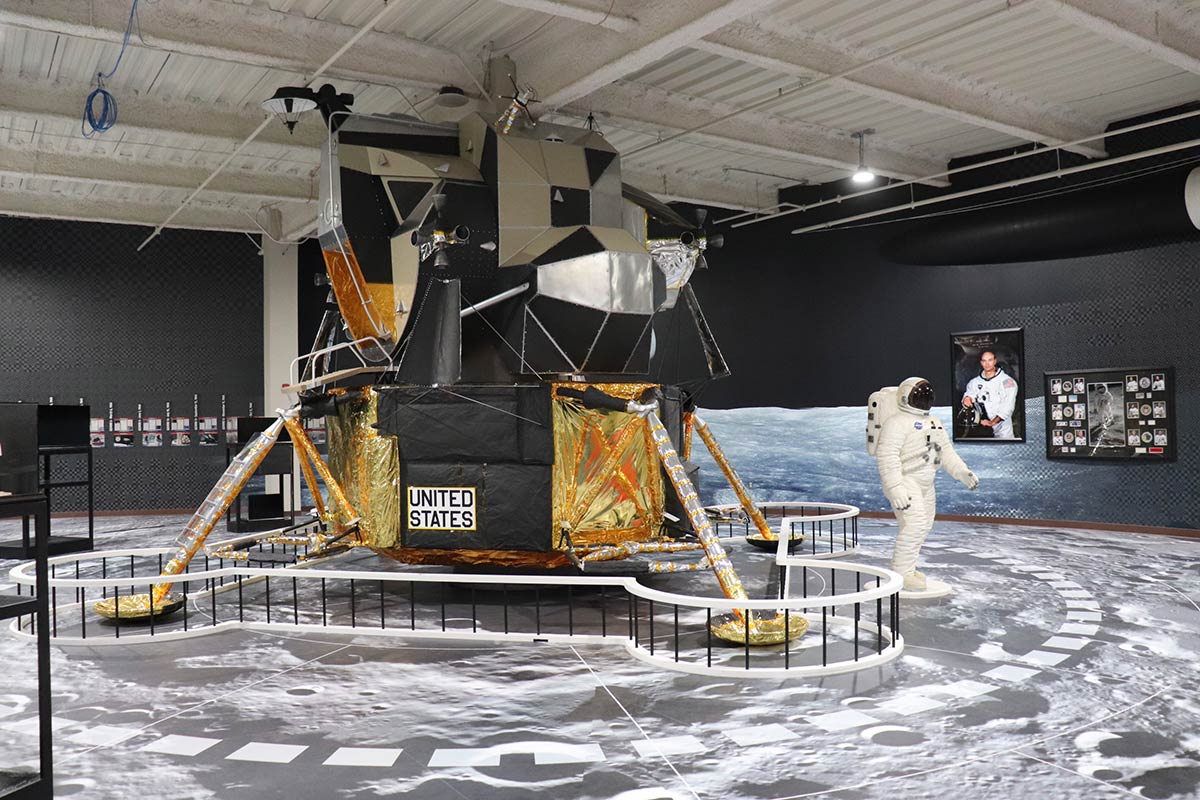
The Computer Museum of America will host its official grand opening on Saturday, July 20, 2019 at the museum located at 5000 Commerce Parkway, Roswell, GA 30076. The event is open to the public and will begin Saturday at 10:00am. Operating hours are 10:00am to 5:00pm.
Over the past fifty years, computing has grown from a few gadgets to an almost universal extension of human life. Yet while computing has become commonplace, the history of its innovation is being lost every day as ‘old’ technology is discarded, recycled or consigned to a landfill.
The Computer Museum of America was created to preserve this history and educate visitors on the past and future of computing, empowering the innovators of tomorrow.

“Anything that is in the collection, no matter how primitive, is magic,” says Lonnie Mimms, CEO of Mimms Enterprises. “We want the Computer Museum of America to be a center of inspiration for all generations to be encouraged to go out and do something great.”
Tickets to the grand opening event are priced from $12-$15 and will give attendees access to exhibits such as A Tribute to Apollo 11 featuring a replica of the Apollo 11 Lunar Module, Vanquishing the Impossible: a collection of super computers illustrating how these remarkable machines led to dramatic improvements in weather forecasting and national security, and the Historical Timeline exhibit that shows the advancements in information and data technology – from the early abacus and slide rule up to the ubiquitous “super computers” we call smart phones.

With 10,000 square feet of state-of-the-art event space, the Computer Museum of America will soon also offer a unique environment in which to host corporate or social events. For more information, please visit: https://computermuseumofamerica.org/
About Computer Museum of America: Developed from the passions of an avid lover of computers and technology over a period of 40 years, the Computer Museum of America has evolved into one of the world’s most comprehensive collections of computing artifacts, preserving the history of computing for future generations. These artifacts of the digital revolution are beautiful and valuable in their own right, and even more valuable as a permanent record of the innovation process and market experiments that drove discovery forward. From this collection we have curated engaging exhibits to share the stories from the history of computing, while also allowing us to loan rare artifacts to other museums including the Smithsonian Institution.
